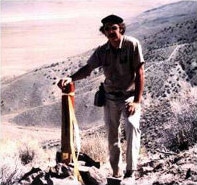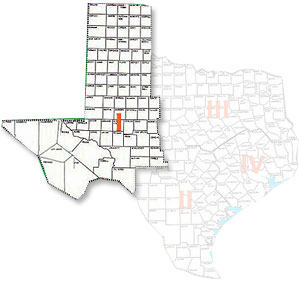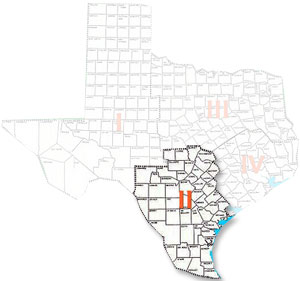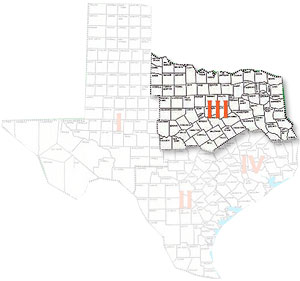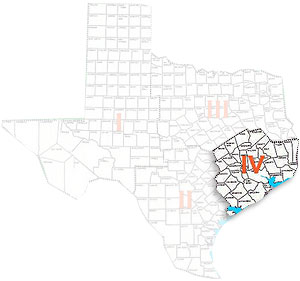Geology, Geologists & AIPG
 Strictly speaking, geology is the science that includes:
Strictly speaking, geology is the science that includes:
1) the study of the Earth’s materials,
2) the study of the Earth’s processes,
3) the study of change through time, and
4) the study of the impacts of humans on the earth.
Geoscientists study and evaluate the science of the earth and work in many subfields.
Earth’s materials include the minerals, rocks, liquids, and gases that form the Earth. Minerals are studied with respect to their physical characteristics, their chemical compositions, crystal structures, modes of formation, and distributions within the Earth. Rock properties studied include mineral compositions, textures, fabrics, distributions, and modes of occurrence. Liquids and gases are studied to determine their compositions, their origins, the geologic conditions that govern their migration, and interaction with their environments.
Earth’s processes are responsible for development and change in the component parts of the Earth. These processes include such things as the work of wind, gravity and water: mechanical and chemical weathering, radioactive decay; sedimentation; diagenesis; metamorphism, volcanism; stress and strain; and earthquakes.
The study of change through time is the forte of geologists. Geologists discovered the existence of extreme time – Earth’s history covers over 4.5 billion years. They are also the discoverers of the means by which materials and processes are ordered through time. Changes in life through time, changes in character of the Earth, its oceans, and its atmosphere are all encompassed by the science of geology.
The education of a geologist has many similarities with that of other scientists and also with engineers. Geologists obtain their education within accredited colleges and universities. Most geologists take courses in calculus, physics, computer science, statistics, chemistry, and biology. They also take a minimum of 36 semester credits of coursework in geology, geophysics, geochemistry, engineering geology, hydrogeology (groundwater), hydrology (surface water), mineralogy, and specialty fields such as environmental geology, mining of ore bodies, and petroleum geology.
To become a licensed professional geologist, or if one wishes to specialize within a particular area of geology, further study in graduate school is generally recommended, as in other fields of science. This involves getting a master’s degree and/or a Ph.D. degree from recognized and accredited universities in the U.S. or other countries meeting certain requirements.
A “Professional Geologist,” as defined by the AIPG, is one who:
1) is a graduate of an accredited university and has completed coursework that satisfies the AIPG Bylaws,
2) has a minimum of five years of post-baccalaureate experience in the practice of geology as a vocation, and
3) has a sustained record of adherence to exemplary standards of professional and ethical conduct.
The peer review process, through which verification of satisfactory experience, performance, and ethical conduct occurs, constitutes the certification process performed by AIPG. Members listed in this directory are persons who have passed this peer review process. Despite the importance of geology, both geology and geologists are not well understood by the public.
Few citizens are educated in geology or are aware of its practical applications. AIPG strives to promote awareness of the importance of the profession of geology to society and contends that geological work provided to the public should be undertaken only by qualified professional geologists.
In The News
Sponsors of the AIPG-TX GEODAYZ Training Program
2022
2018

